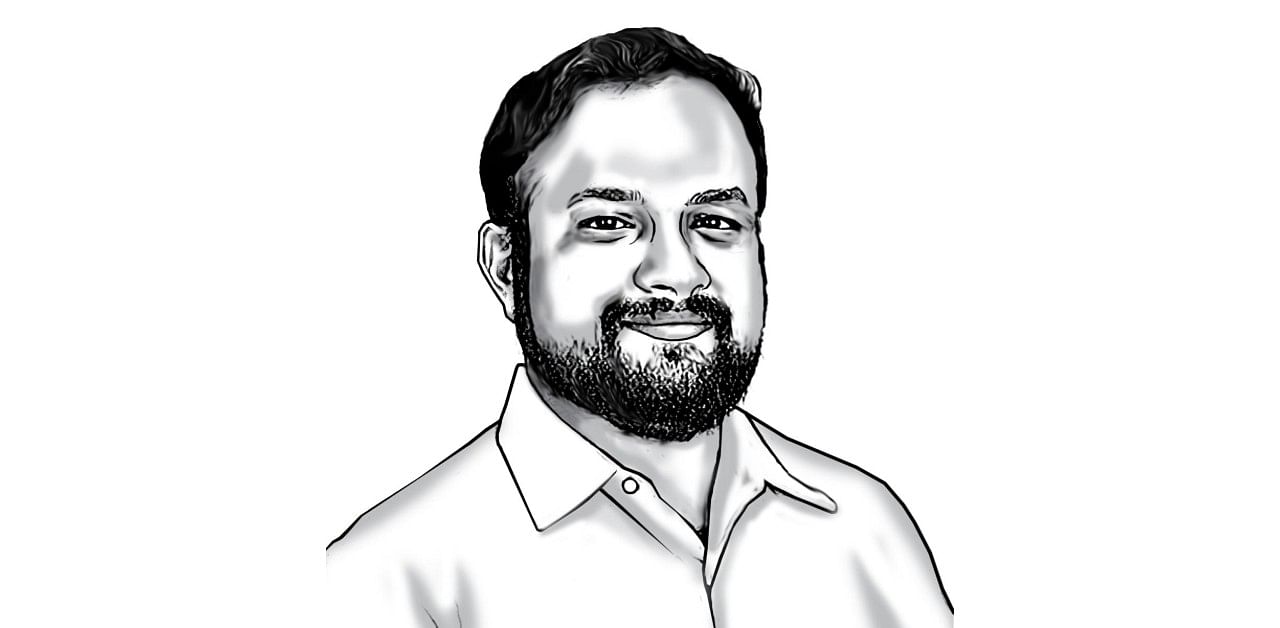Part III of the Constitution of India is rightly hailed as one of the most progressive Bill of Rights in the world. It guarantees the right to life and liberty, mandates equality of opportunity, protects minority rights and freedoms of citizens, and abolished untouchability and forced labour. Yet, Article 22 in Part III allows the government to detain anyone without trial for at least three months and lets Parliament decide what should be the maximum time for which a person can be thus detained.
This seems strange at first sight. After all, many in the Constituent Assembly had undergone exactly such “preventive detention” and had campaigned against laws authorising such detention without trial -- including the infamous Rowlatt Act. There was an apt phrase used to describe such laws -- “na vakeel, na daleel, na appeal” (no lawyer, no argument, no appeal). Why then did the Constitution allow for such laws to be passed and made in independent India?
When the draft articles on preventive detention were introduced in the Constituent Assembly, there was much concern among the members, articulated best perhaps by Purnima Banerji who said: “Sir, the article…is a very serious one as it takes away some of the liberties granted by Article 15 as fundamental rights and provides for the arrest of persons and even detention of persons without trial…any form of detention of persons without trial is obnoxious to the whole idea of democracy and to our whole way of thinking.”
The objections ranged from those, like Banerji, who found the very idea of permitting preventive detention in a democracy intolerable, to those who felt that the safeguards against misuse of preventive detention needed to be strengthened. Many moved their own amendments to the provision.
Babasaheb Ambedkar defended the preventive detention provision. “I think it has to be recognised that in the present circumstances…, it may be necessary for the Executive to detain a person who is tampering either with public order as mentioned in the Concurrent List or with the Defence Services of the country. In such a case, I do not think that the exigency of the liberty of the individual should be placed above the interests of the State...” he said.
What were the “present circumstances” that Ambedkar was alluding to? Partition, of course. More specifically, the horrific bloodletting on either side of the newly-drawn border, largely on religious lines. Large numbers of displaced people still lived in insecurity and fear just outside where the Constituent Assembly debates were taking place. The threat of fresh outbreaks of communal violence was ever-present. Admitting the need for such a preventive law to preserve public order, Ambedkar relied upon the safeguards to argue that even for an individual under preventive detention, enough procedures had been put in place to prevent prolonged, unjust detention.
That didn’t satisfy all members though. The exchanges between Ambedkar and the members got pretty heated, as this short exchange between Mahavir Tyagi and Ambedkar shows. Said Tyagi: “Sir, Dr Ambedkar will please pardon me when I express my fond wish that he and the other members of the Drafting Committee had had the experience of detention in jails before they became members of the Drafting Committee.” To which Ambedkar replied: “I shall try hereafter to acquire that experience.”
In closing the six-hour debate on this provision, however, Ambedkar expressed the hope that: “If all of us follow purely constitutional methods to achieve our objectives, I think the situation would be different and probably the necessity of having preventive detention might not be there at all.”
But, of course, his hope was dashed almost as soon as the Constitution came into force.
From the very first constitutional case featuring AK Gopalan, a Communist leader detained without trial, to Dr Kafeel Khan, who was recently released from prison on the Allahabad High Court’s orders, the misuse of preventive detention laws against political opponents has a long and unfortunate history in independent India. The issue of having preventive detention laws was contentious right from the days of the Constituent Assembly and perhaps needs to be re-examined in the light of everything that has happened since.
